Introduction
Recovery Community Organizations (RCOs) are independent, nonprofit organizations, led and governed by representatives of local recovery communities. These 501(c)(3) nonprofit organizations play a critical role in supporting individuals, families, and communities. Peer-led RCOs not only serve as valuable resources but also reflect the strengths and assets of the communities in which they operate.
By promoting a recovery-informed, strengths-based approach to addressing substance use challenges, RCOs contribute to sustainable change on local, state, and national scales. Whether operating independently or as part of larger community frameworks, these nonprofits consistently consult with the local community—people in recovery, their families, loved ones, recovery allies—for guidance and direction in offering comprehensive support to help individuals achieve and maintain their recovery goals.
Within the recovery field, RCOs are at the forefront of advocacy, working towards innovative public policies that promote inclusivity and break down barriers. They strive to shape a society that not only understands, but actively supports those navigating challenges associated with substance use, leading to community transformation and fostering understanding, acceptance, and support for all affected by substance use challenges.
Another important aspect of RCOs' work is educating local communities about substance use challenges and recovery processes. By raising awareness and dispelling misconceptions, they combat stigma surrounding substance use and promote a more compassionate and inclusive society.
One of the key strengths of RCOs lies in the provision of Recovery Support Services (RSS), which encompass a wide range of interventions and resources. These services, including employment and housing assistance, education, and life skills training, are complemented by Peer-Based Recovery Support Services (PBRSS) that leverage the power of shared experiences and lived wisdom. Peers who have overcome similar challenges offer understanding, empathy, and guidance, uplifting and empowering individuals on their recovery journey. These services play a pivotal role in personal transformation and cultivate a strong sense of community and empowerment.
RCOs Moving from Transactional to Transformational
To shift from transactional to transformational, RCOs must extend beyond providing immediate services to addressing the root causes of issues, and advocating for systemic change and social justice. This involves a strategic shift in thinking and operations, focusing on long-term impact rather than short-term solutions. Collaboration with other organizations, advocacy groups, and policymakers to address social determinants of health and influence policy changes is crucial. RCOs should engage in community mobilization and empowerment, helping individuals and communities to advocate for their own needs and rights. Educating staff and the community about systemic issues and the importance of social justice in health equity can drive this change. By adopting this approach, RCOs can contribute to creating more equitable systems and sustainable improvements in community health and well-being.
No matter their form or focus, RCOs serve as essential pillars in the community, providing resources, support, and a sense of belonging to those in need.


